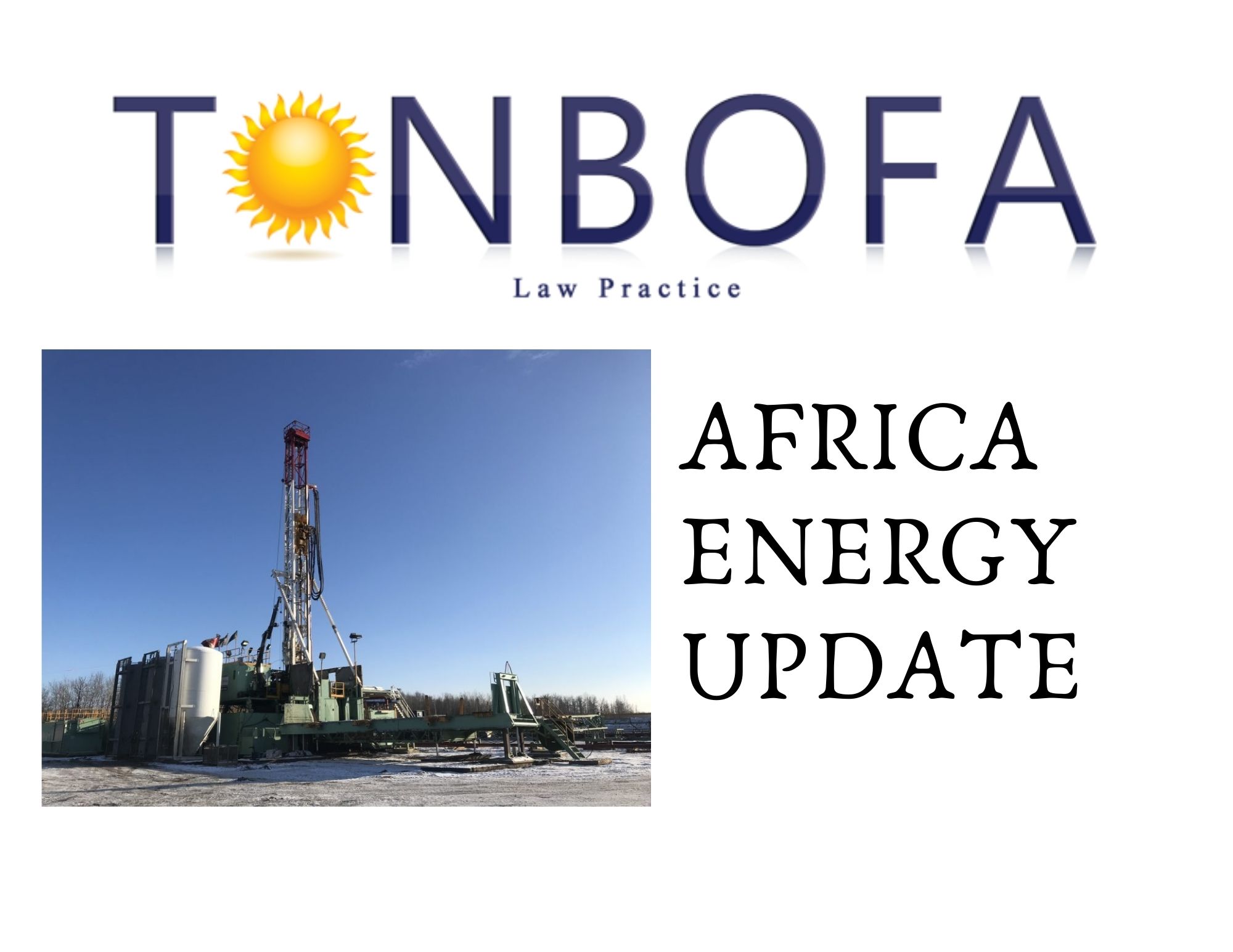by TONBOFA LP
Companies worldwide must file returns quarterly and annually. Sections 39 and 41 of the Nigerian Securities and Exchange Commission “SEC” Rules 2013 provide for the filing of annual and quarterly reports respectively. The Financial Reporting Council in Nigeria responsible for developing and publishing accounting and financial reporting standards to be observed in the preparation of financial statements of public entities in Nigeria approved the use of the International Financial Reporting standard issued by the International Accounting Standard (IAS).
The Going Concern Principle
The underlying assumption in preparation of financial statements for filing of annual or quarterly reports according to the International Financial Reporting standard issued by the International Accounting Standard (IAS) is that the company is a going concern. For a company to be a going concern, it must be able to continue operating long enough to carry out its commitments, obligations and objectives. In other words, the company will not have to liquidate or be forced out of business.
By the provisions of IAS1 paragraph 25 – 26, in preparing financial statements, management is to assess the entity’s ability to continue as a going concern and the company’s financial statements are to be prepared on a going concern basis unless management either intends to liquidate the entity or to cease trading, or has no realistic alternative but to do so. The standard requires that when management is aware of material uncertainties about an entity’s ability to continue as a going concern, those uncertainties shall be disclosed.
Factors of Going Concern
In judging whether a company can continue as a going concern, management must consider the degree of uncertainty associated with the outcome of an event, the size and complexity of the entity, the nature and condition of its business, the degree to which it is affected by external factors, and any judgment about the future based on information available at the time at which the judgment is made.
COVID-19 Uncertainties to Going Concern
Some events or conditions which may give rise to uncertainty of the company in being able to continue as a going concern are: adverse key financial ratios, inability to pay creditors on due dates, inability to comply with the terms of loan agreements, in ability to obtain financing for essential new product development or other essential investment, substantial operating losses or significant deterioration in the value of assets used to generate cash flows, labor difficulties or shortages of important supplies, etc. The question that arises is whether a company which has been adversely affected by the pandemic can continue reporting itself as a going concern?
Obligation to Disclose
A company which identifies uncertainties and plans to continue as a going concern may use the going concern basis of preparation of financial statement but must disclose these uncertainties. The board is advised to identify possible events or scenarios that could lead to corporate failure and disclose same in their report, ascertain whether they have identified issues that may have a significant impact on going concern and how they plan to address them unless they are remote or have remote possibilities of occurring. Such disclosures will help meet the information needs of financial statement users to understand fully the pressures on liquidity, viability and solvency. Boards are also to consider the potential impact of these matters on the company’s specific circumstances, paying attention to their current and potential cash resources, including access to existing and new financing facilities, revolving facilities, invoice discounting and reverse factoring.
Auditor Duties
Where the effects of the pandemic are identified and disclosed by management, the auditor in accordance with International Standard on Auditing (ISA) 570 should express an unqualified opinion but modify the auditor’s report by adding an emphasis that highlights the existence of a material uncertainty relating to the event or condition that may cast significant doubt on the entity’s ability to continue as a going concern and draw attention to the note in the financial statements that discloses the uncertainty.
Regulatory Assistance
It is also worthy of note that in response to the pandemic, the SEC has approved in the first instance, a 60-day extension for the filing of quarterly reports as well as their 2019 annual reports.
For more on this, kindly email uchechi@tonbofa.com.
Share
Africa Energy Update- ZIMBABWE: Solgas Energy commissions its 5 MWp Cross Mabale solar power plant Renewable energy producer Solgas Energy is commissioning its Cross Mabale solar power plant in the northern Matabeleland province. The plant, which is connected to the Zimbabwean national grid, has a capacity of 5 MWp. A solar photovoltaic power plant goes into
The passage and signing of the highly anticipated Petroleum Industry Act is a landmark in the oil and gas industry. The Act provides legal, governance, regulatory and fiscal framework for the Nigerian Petroleum Industry and development of Host Communities. For more information on key provisions of the Act click here to learn more
FG Okays N35bn For NEPZA Power Station The federal government yesterday approved the sum of N35billion for the building of a power station by the Nigerian Export Processing Zone Authority (NEPZA) in Akamkpa, Cross River State. ØMinister of Industry, Trade and Investment, Niyi Adebayo, disclosed this to State House correspondents after the virtual federal executive





